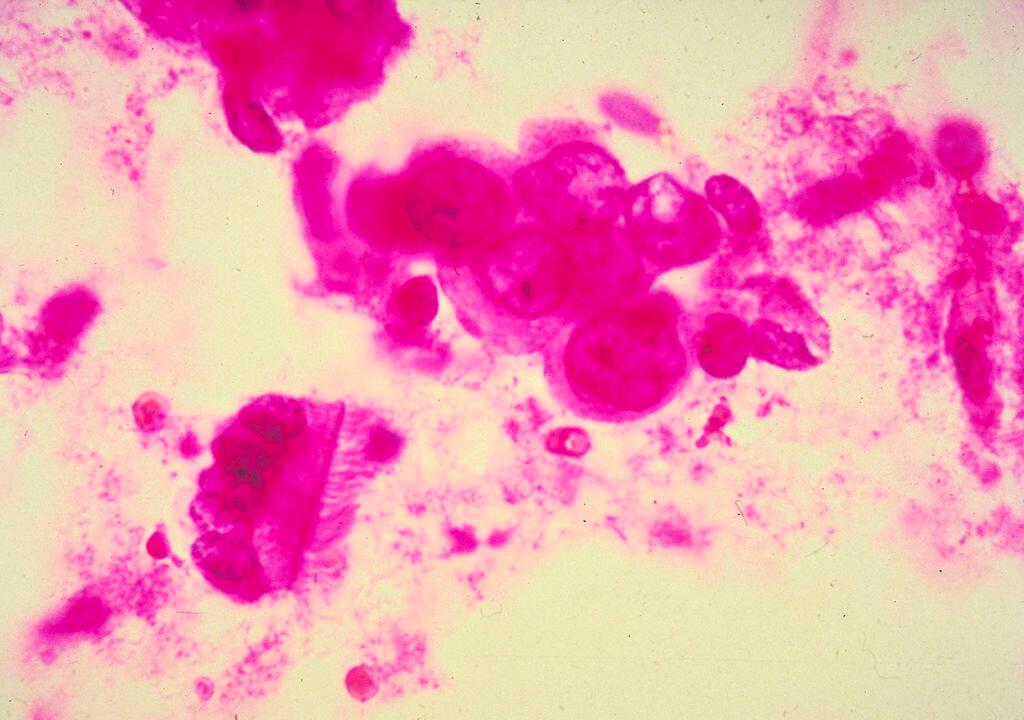If you are on a healing path for any kind, hands down you want to avoid sugar. For the roughly 9% of the U.S. population suffering from diabetes (and the 40% of the population who are said to be “pre-diabetic”), the case against it is clear.
Of course, if you are dealing with cancer, remember that sugar feeds tumors! You may also know that artificial sweeteners aren’t any better, as recent studies have directly linked chemical substances such as aspartame to cancers like leukemia and breast cancer.


